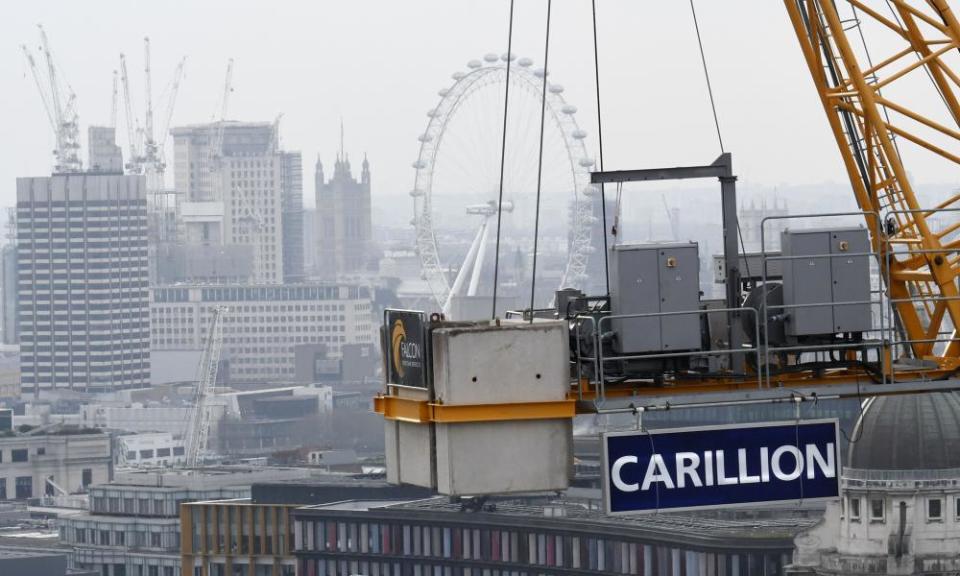MPs vote down attempt to impose windfall tax on PFI contractors

A bid by a cross party group of MPs to impose a form of windfall tax on major PFI contractors on Wednesday was defeated by 305 to 265.
It was intended to incentivise companies to renegotiate the terms of deals costing local councils and the NHS billions of pounds in interest.
Stella Creasy, the Labour MP for Walthamstow, had Lib Dem support for an amendment to the finance bill as it came back for its final stages that would have made the biggest contracts liable to the bank levy.
Hundreds of new schools, roads and hospitals have been built and maintained under private finance initiatives since the 1990s when they were introduced by John Major. The latest Treasury data, from March 2016, shows more than 700 projects, worth nearly £60bn, still in contract. A National Audit Office (NAO) report last month calculated that annual charges last year were more than £10bn. The bill until the contracts expire in the 2040s is expected to total £199bn.
“PFI is the equivalent of taking out a payday loan to pay for building and running our public services,” Creasy said. The Office for Budget Responsibility’s July 2017 fiscal risks report described the use of PFI to take the cost of infrastructure projects off the nation’s balance sheets as an example of a “fiscal illusion”.
Creasy argued that many of the contracts – which included tax rates in force at the time as part of the value-for-money assessment – were signed when corporation tax was much higher. In effect contractors have made windfall gains from cuts since then.
“Many were agreed at a time of 30% corporation tax. Under the Tories this will fall to 17% by 2020. Within the NHS alone they have already made a windfall of £190m savings in their tax bills from these changes – in our education system they stand to get an unexpected bonus of £60m extra by 2020 in reduced tax liabilities.”
Northamptonshire council, facing bankruptcy, has PFI bills of £1.35bn, according to one group campaigning against cuts. Its Labour councillors supported the Creasy amendment. Other estimates show that most of the new cash found in the last two budgets for both health and education will be needed to service PFI debt rather than to support services.
Before Wednesday’s Commons debate, the shadow chancellor, John McDonnell, wrote to the chancellor, Philip Hammond, with questions about the sustainability of PFI contracts after the collapse of Carillion, a major construction and outsourcing firm, which has led to 1,000 workers on PFI contracts being made redundant.
Official Labour party policy is to take the financial vehicles set up to manage contracts into public ownership through a bond swap scheme. The leadership questions whether a windfall tax would tackle the fundamental problems of finance costs that can be as much as 40% higher than government borrowing. Nor would it deal with the long-term cost of finance.
Creasy argues that the threat of a windfall tax could offer immediate help to councils struggling with debt and cuts and limits to the amount of council tax they can raise. Better terms could also ease the unprecedented squeeze on NHS budgets.
Labour’s plans would almost certainly be challenged in the courts, although McDonnell believes there is precedent that supports his case that parliament has the power to decide on the grounds of public interest what the appropriate level of compensation is. He is confident that in public ownership the contracts can be cheaper and more flexible.
The Treasury abolished its value-for-money measurement for PFIs in 2012. The NAO criticised its failure to gather the data allowing it to evaluate the performance of contracts. According to government sources, £300bn of infrastructure spending will be required over the next five years.

 Yahoo News
Yahoo News 